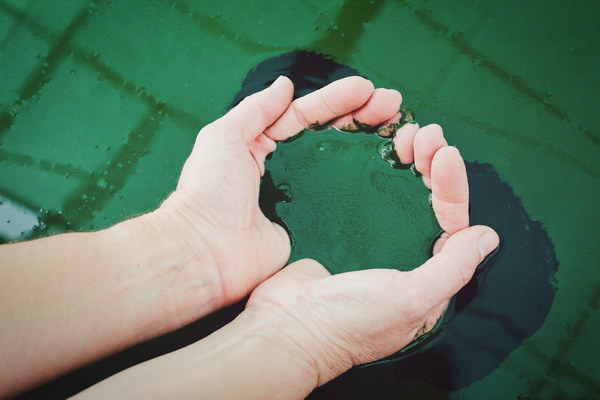Can Liver and Kidney Damage from Medication Be Reversed
In today's fast-paced world, medication is often used to treat a variety of illnesses. However, some medications can cause damage to the liver and kidneys, leading to a range of health issues. The question on many people's minds is whether the damage can be reversed. This article aims to explore the potential for liver and kidney recovery after taking medications that may have caused damage.
The liver and kidneys are vital organs responsible for filtering waste products from the body. They play a crucial role in maintaining overall health. When these organs are damaged, it can lead to serious health complications. Some common causes of liver and kidney damage include medication, alcohol consumption, and certain diseases.
Medications, in particular, are a leading cause of liver and kidney damage. Many medications are metabolized by the liver, and some can also affect the kidneys. Conditions such as hepatitis, cirrhosis, and nephrotic syndrome are often associated with medication-related liver and kidney damage.
The first step in understanding whether liver and kidney damage can be reversed is to recognize the severity of the damage. In some cases, the damage may be mild and reversible, while in other cases, it may be more severe and irreversible. Factors that can influence the reversibility of damage include the duration of medication use, the amount of damage caused, and the individual's overall health.

For mild cases of liver and kidney damage, recovery is often possible with proper treatment and lifestyle changes. Here are some key points to consider:
1. Discontinue the causative medication: The first step in reversing liver and kidney damage is to stop taking the medication that caused the damage. This can help prevent further damage and give the organs time to heal.
2. Medication for treatment: In some cases, specific medications may be prescribed to help treat the damage. For liver damage, drugs like Ursodiol may be used to reduce inflammation and fibrosis. For kidney damage, ACE inhibitors or ARBs may be prescribed to reduce blood pressure and improve kidney function.
3. Diet and lifestyle changes: A healthy diet rich in fruits, vegetables, and whole grains can help support liver and kidney function. Limiting alcohol consumption, quitting smoking, and maintaining a healthy weight can also contribute to recovery.
4. Regular monitoring: Regular blood tests and imaging studies can help monitor liver and kidney function, allowing healthcare providers to assess the effectiveness of treatment and make adjustments as needed.
In more severe cases, liver and kidney damage may not be completely reversible. However, treatment can still be beneficial in managing symptoms and improving quality of life. Some individuals may require liver or kidney transplantation if their organs fail.
It is important to note that recovery from liver and kidney damage is a gradual process that requires patience and commitment. Working closely with a healthcare provider can help ensure the best possible outcome.
In conclusion, while the reversibility of liver and kidney damage from medication depends on various factors, there is hope for recovery. By discontinuing the causative medication, taking appropriate treatment, making lifestyle changes, and regularly monitoring organ function, individuals can improve their chances of reversing the damage and regaining health. It is crucial to seek medical advice and follow a treatment plan tailored to individual needs to maximize the potential for recovery.









